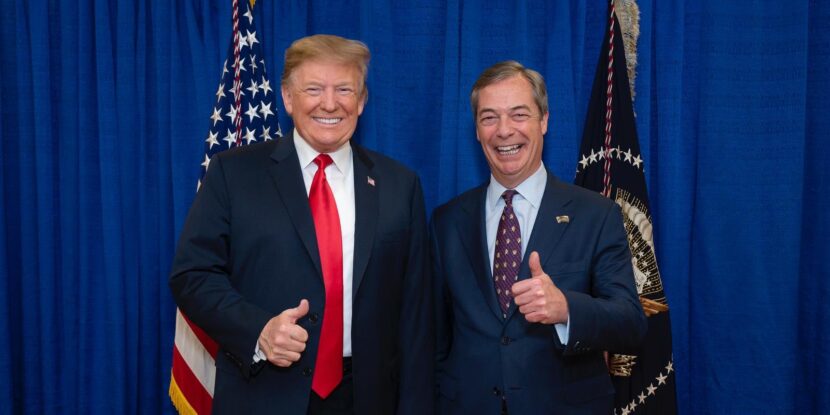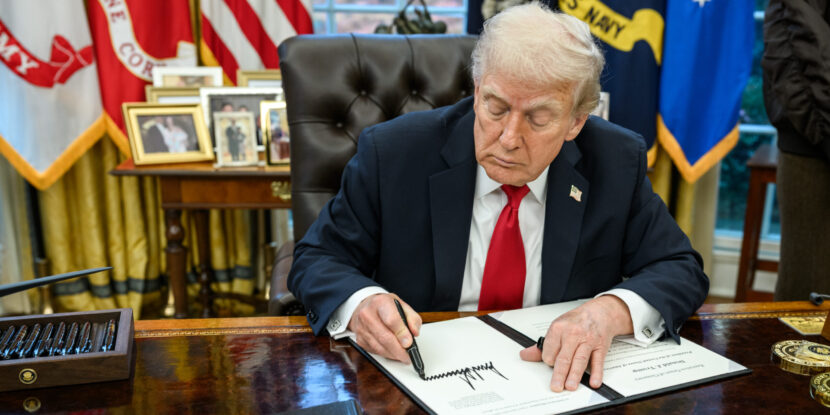Congressional Republicans are still stuck negotiating with themselves despite the appearance that a deal had been struck between the conservative and moderate wings of the House Conference to avert a government shutdown late Sunday night. It was announced at the time that the Freedom Caucus and Main Street Caucus had reached an agreement on a 30-day Continuing Resolution (CR) to fund the government while Congress continued work on passing the 12 major appropriations bills to fund the government for the next fiscal year.
Despite receiving backing from some of Washington D.C.’s biggest center-right institutions, the deal was already on the ropes by Monday morning. As of the last count, 18 Republican House members have announced they will not support the agreement, leaving House Speaker McCarthy without the votes to pass the CR. The deal is not expected to receive any Democrat backing.
Congressman Chip Roy (R-TX), a prominent leader in the Freedom Caucus who had previously promised to use ‘every tool’ to stop a short-term CR was one of the deal’s chief architects along with Reps. Byron Donalds (R-FL) and Dusty Johnson (R-SD). The conservative Heritage Action quickly backed the deal, stating, “The proposal cuts spending and seeks to end a worsening, self-inflicted border crisis.” The more libertarian FreedomWorks also backed the deal, telling Congressional Republicans: “We support the negotiated spending cuts and urge all members of the House to get behind the CR.”
Despite the pressure from both within the Freedom Caucus and from outside political groups, a handful of House conservatives still oppose the measure. On Sunday, former President Donald Trump told NBC’s Kristen Welker that House conservatives shouldn’t back a CR unless they think they’re getting a fair deal – even if it interrupts the House impeachment inquiry into President Joe Biden.
Among the members who’ve announced they will not support the CR: Reps. Dan Bishop (R-NC), Wesley Hunt (R-TX), Andy Biggs (R-AZ), Eli Crane (R-AZ), Tim Burchett (R-TN), Bob Good (R-VA), Tony Gonzales (R-TX), Matt Rosendale (R-MT), Paul Gosar (R-AZ), Victoria Spartz (R-IN), Ralph Norman (R-SC), and Andy Ogles (R-TN) all appear to oppose any deal that doesn’t include significant spending cuts – with some wanting to return sending to pre-COVID levels.
Others, aligned with Rep. Matt Gaetz (R-FL) object because the deal’s eight percent spending cut would only last for 30 days; it fails to defund Jack Smith’s prosecutions of former President Donald Trump; and there is no mechanism to force Biden to actually secure the border. These members appear to include Reps. Corey Mills (R-FL), Marjorie Taylor-Greene (R-GA), Anna Paulina Luna (R-FL), and Lauren Boebert (R-CO).
In the case of Rep. Ken Buck, it is speculated that he will simply oppose any measure pushed by the Speaker – including opposing the Biden impeachment inquiry – because he was snubbed as chair of the House Judiciary Subcommittee on Antitrust. The chairmanship was given instead to the Big Tech-friendly Rep. Thomas Massie (R-KY).
Without the passage of a Continuing Resolution, the federal government is set to run out of money on Oct.1.




















